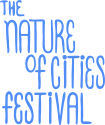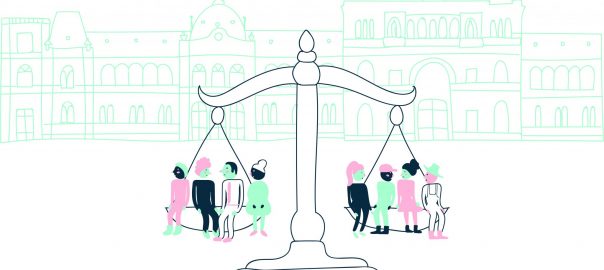Mirna Goransky
Buenos Aires
Mirna D. Goransky is an associate at the Carr Center for Human Rights Policy, Harvard Kennedy School and a consultant of the Cyrus R. Vance Center for International Justice, New York City Bar Association. She is Deputy General Prosecutor of the Office of the National Attorney General in Argentina (currently on leave). Since she joined the office in 1996, she has, inter alia, served as prosecutor of the Special Unit to Investigate Human Rights Crimes during the 1976 to 1983 dictatorship, in charge of the trials against those accused of crimes against humanity in the Navy School of Mechanics (Escuela de Mecánica de la Armada) and Operation Condor (the co-ordination to persecute political dissidents of Southern Cone military governments) from 2006 to 2012; prosecutor of the Criminal Policy Unit, leading programmes such as Community Relations and reorganisation of the Ministerio Público from 1996 to 1999; and prosecutor of the first ever decentralised prosecutor’s office in the City of Buenos Aires in 1999. She has been a consultant to the drafting of legislation to reform the criminal and criminal procedure codes in Guatemala for the Center for the Advancement of the Rule of Law, CREA/USAID, in 1996; a main researcher of the Project to Reform the Judiciary in Argentina, International Bank for Reconstruction and Development from 1993 to 1994; a researcher of the Project to Reform the National System of Criminal Procedure in Argentina, Secretary of Justice, National Government of Argentina in 1989; an expert consultant on judicial systems working on the implementation of the new criminal procedure system in Argentina, United Nations Development Program/International Bank for Reconstruction and Development from 1987 to 1988; co-ordinator of the Legislation Commission, National Commission against Narco-Traffic and Drug Abuse, Argentina, from 1986 to 1987; and main adviser to the Secretary, Dr. Jaime Malamud Goti, National State Secretariat, Argentina, from 1985 to 1987. Goransky holds a Law Degree from the Law School of the University of Buenos Aires, where she later worked as an associate professor teaching courses on criminal law and procedure and constitutional rights. She served as an independent researcher on a comparative study on the organisation and functioning of prosecutors’ offices in Argentina, Chile and the United States at the Justice Studies Center of the Americas. She has authored the book “Hacia un Ministerio Público eficaz, eficiente y democrático” (“Towards an Effective, Efficient and Democratic Prosecution, Editores del Puerto, Buenos Aires”) and has published more than 30 articles on criminal law and procedure, human rights and judiciary reform. She has given numerous lectures in various countries in Latin America on these issues and served as member of the editorial board of Nueva Doctrina Penal (New Criminal Jurisprudence, a law journal on criminal law and procedure and as editor-in-chief of Pena y Estado (Punishment and State, also a journal on criminal law and society). In 2013, she received the M.C. Bassiouni Justice Award. She is a founding member of the Instituto de Estudios Comparados en Ciencias Penales y Sociales (Institute of Comparative Studies on Criminal and Social Sciences) and a founding member and member of the board of the Asociación por los Derechos Civiles (Association for Civil Rights).


